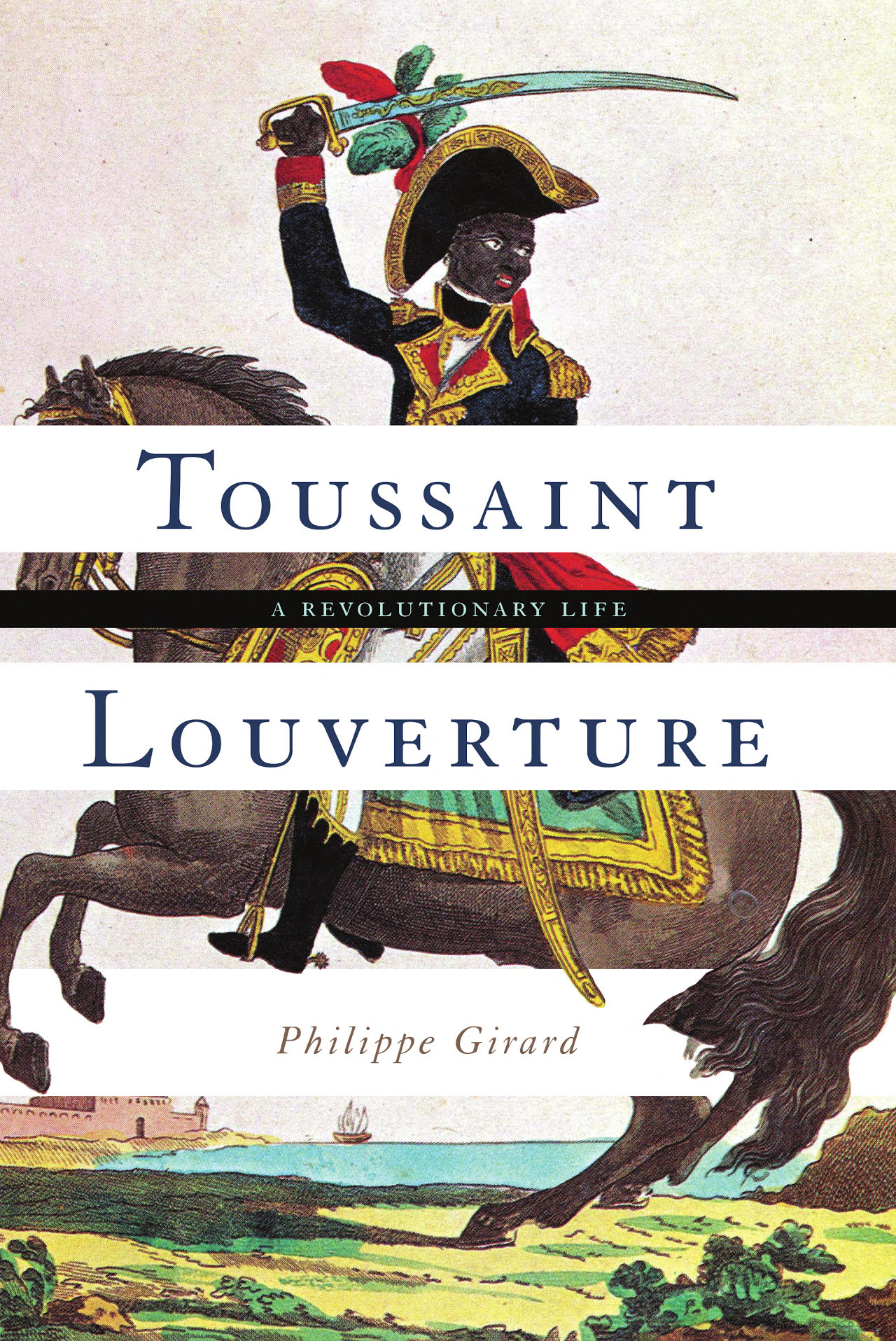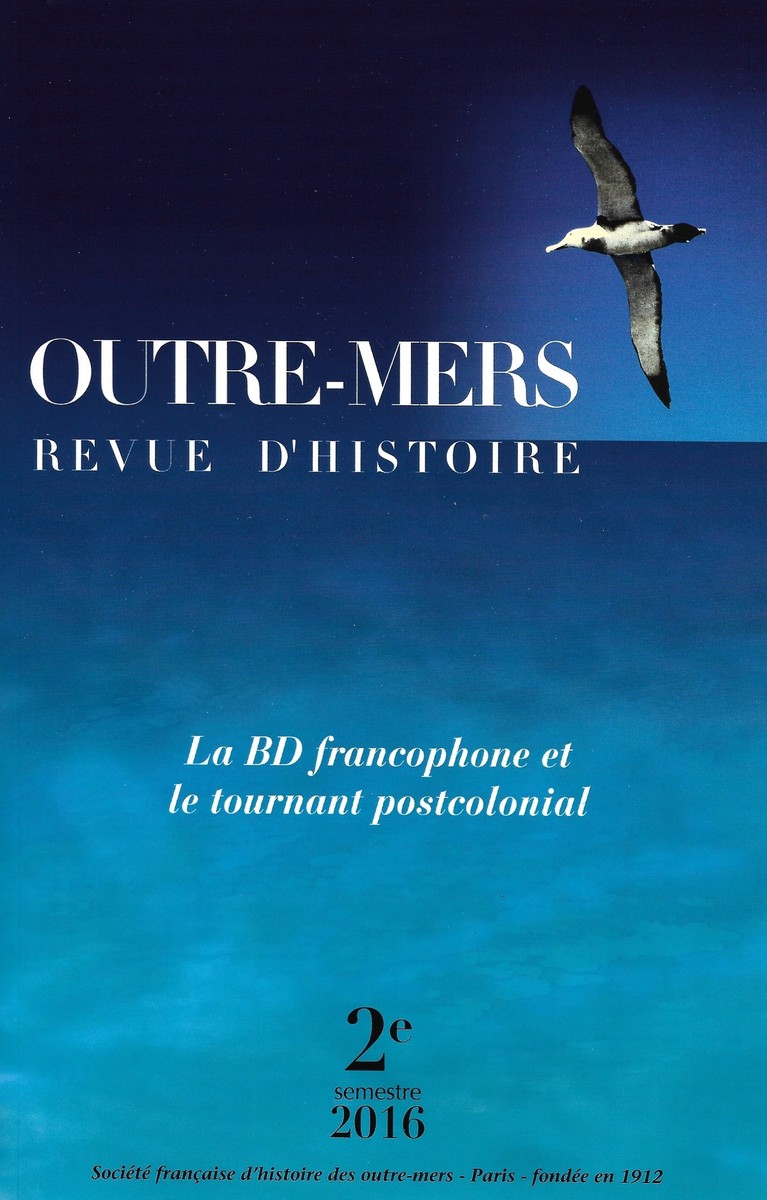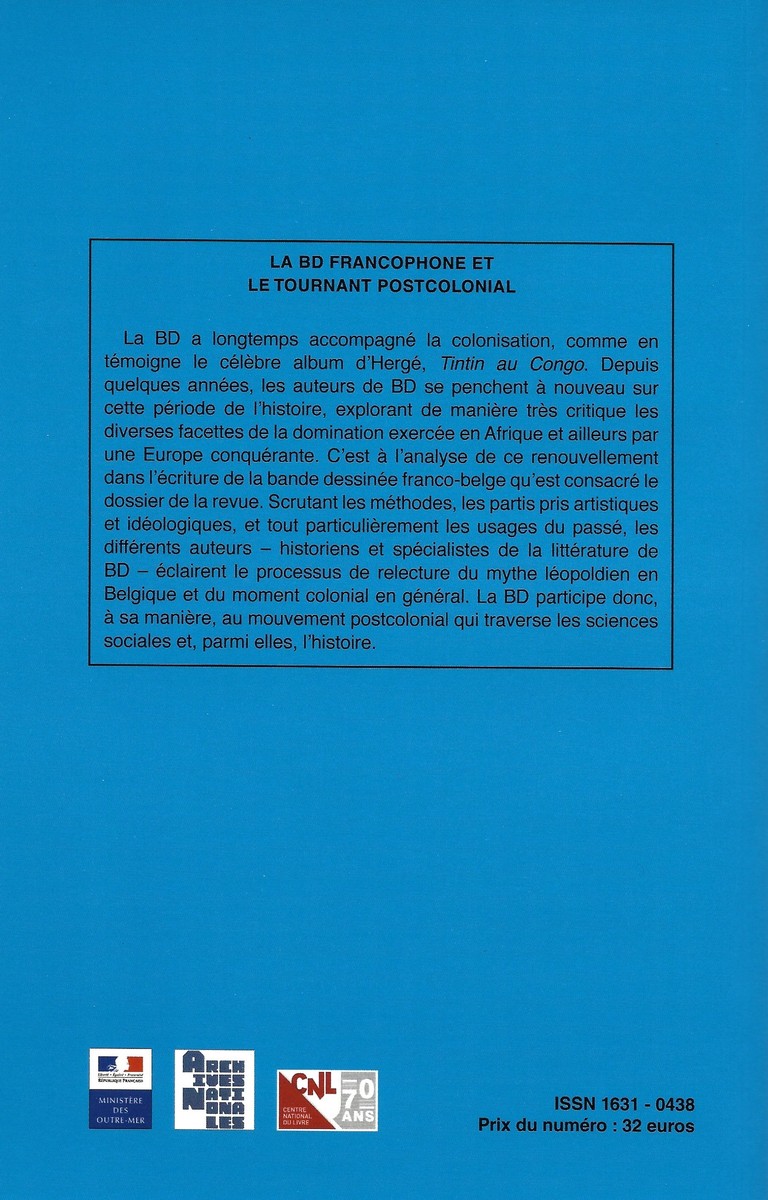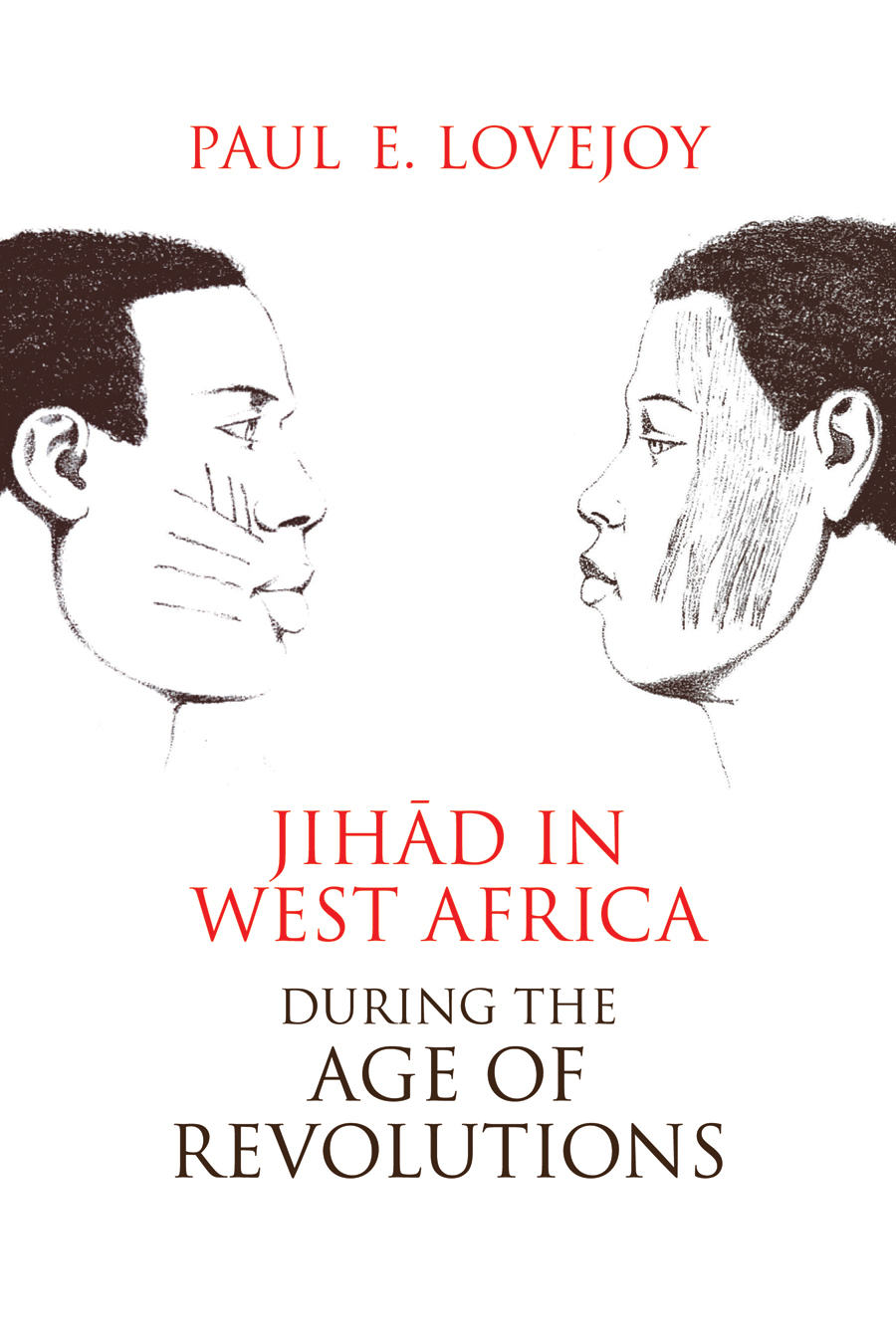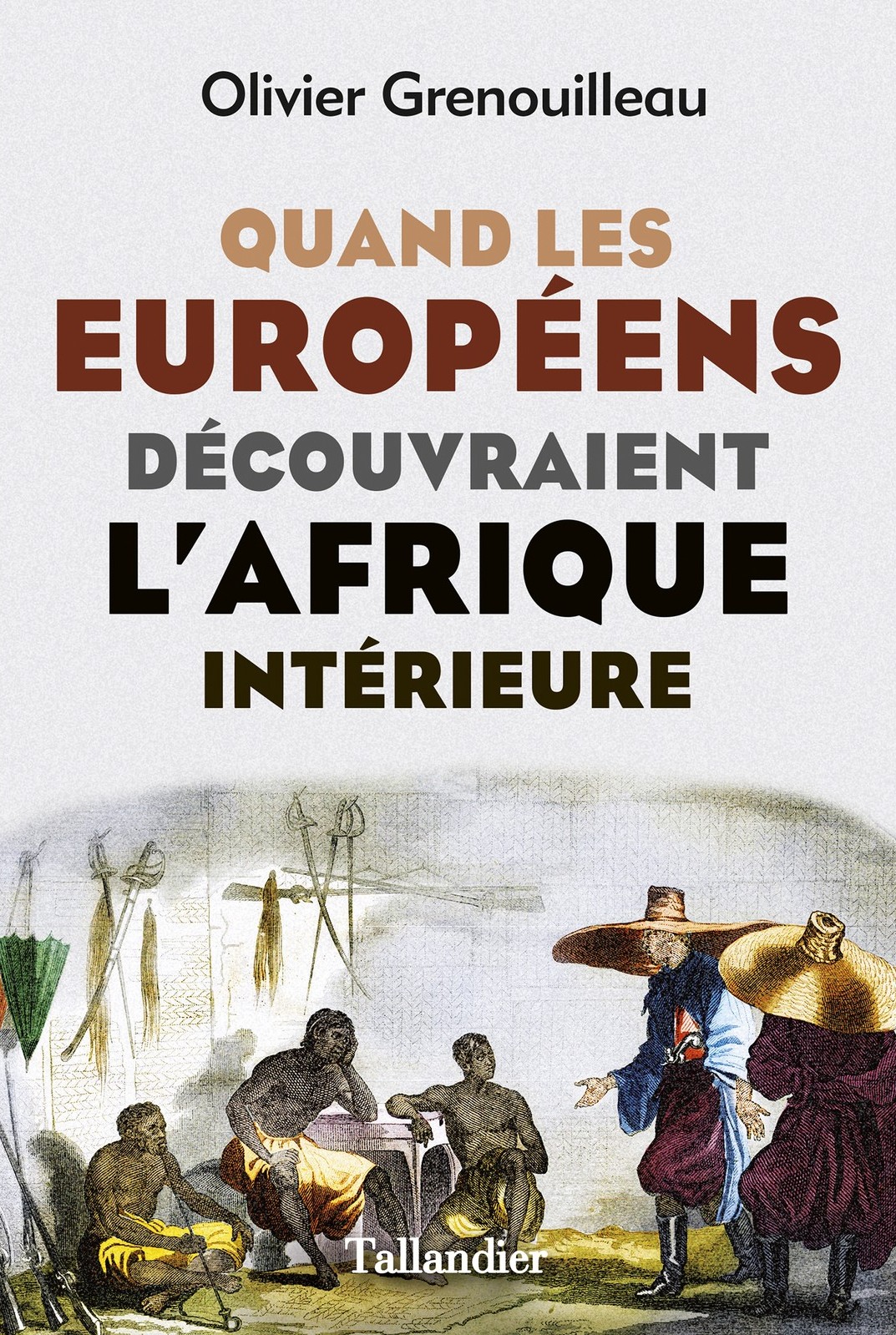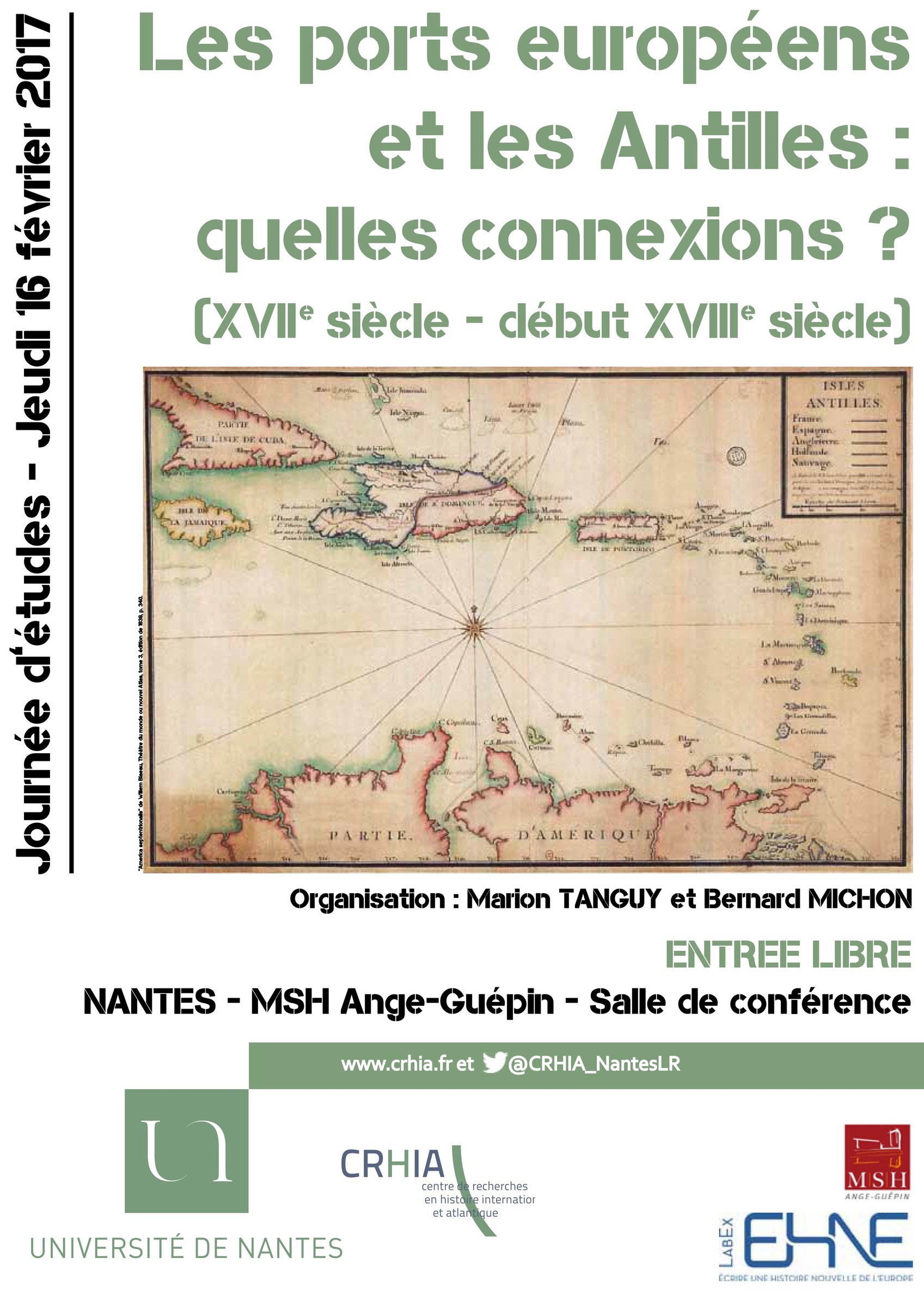Le site web de la Société française d’histoire des outre-mers (S
Articles les plus récents
-
Hors-Série Concours de la S
fhom - Capes et Agrégation d’histoire, 2022-2025Commander (10 €) le hors-série Histoire coloniale et impériale de l’Afrique :
https://www.payasso.fr/librairie-sfhom/commandes -
Appel à contribution pour le colloque de la revue Past & Present “Everyday Empires : Trans-Imperial Circulations in a Multi-Disciplinary Perspective” (Université de Birmingham, 25-26 mai 2017)
Le 30 janvier 2017 à 15h45
Appel à contribution de la revue Past & Present
pour le colloque "Everyday Empires
Trans-Imperial Circulations in a Multi-Disciplinary Perspective"
Université de Birmingham, 25-26 mai 2017
Les propositions sont à envoyer jusqu’au 31 janvier 2017
The Modern and Contemporary History Centre and the Birmingham Research Institute for History and Cultures at the University of Birmingham invites postgraduate researchers and early-career (PhD awarded in the last eight years) academics to submit papers for a two-day conference sponsored by Past & Present on the theme of “everyday empires.”
“Everyday Empires : Trans-Imperial Circulations in a Multi-Disciplinary Perspective” aims to bring together scholars working across geographical, chronological, and methodological lines to reinterpret the ways in which empire was lived through commonplace things, spaces, and decisions in the nineteenth and twentieth centuries. A key focus of the conference is to develop a greater discussion of inter-imperial and trans-imperial dynamics. Historians of the United States, British, French, Habsburg, Qing, and Ottoman empires are all encouraged to submit papers to foster a dialogue that can all too often be cantonized by the archival legacies of imperial political structures or by the constraints of their respective research languages.
“Everyday Empires” shall take place at the University of Birmingham on the 25th and 26th of May 2017.
Our approach will advance understandings of trans-imperial circulations related to race, gender, class, sexuality, commodities, diaspora and mobility. In taking this line we do not abandon the nation-state as an object of analysis, nor do we discount the violent and coercive mechanisms that sustained imperial power. Nor, finally, do we assume imperial rule to have been an all-pervasive mode of political organisation, itself impervious to the counter-forces local and areas-studies methodologies have made visible. Instead, we ask scholars to interrogate empire as a process emergent through the everyday, ontologically negotiated material practices of its citizens and subjects : from bicycles to hotel bars ; from medicine cabinets to the daily labour of the rubber plantation ; from teakettles to steamship tickets.
Key axes of exchange will be :
– how does our view of empire change when we look at the ordinary or mundane ?
– does the everyday open a useful space to explore inter-imperial or trans-imperial circuits and connections ?
– how do mundane objects allow us to examine the intersections of the local with the global ?
Fundamental to the conference is our intention to bring together senior and junior colleagues, affording opportunities for mentoring and intellectual cross-fertilisation. Six significant scholars in their fields will “anchor” six long-form panels across two days. We see this two-day conference as an important opportunity to create a conversation that is not limited to advanced career scholars but puts equal value on the voices of a diverse selection of junior academics. As such we especially encourage proposals from doctoral students and early career researchers. The conference will be capped and spurred on by a keynote address from Daniel Bender (Toronto).
Confirmed panellists include : James McDougall (Oxford) ; Samiksha Sehrawat (Newcastle) ; Artemy Kalinovsky (Amsterdam) ; Stephen Tuffnell (Oxford) ; and Vernadette Vicuña Gonzalez (Hawai’i).
Please send proposals consisting of an abstract of 300 words and a two-page C.V. to Dr. Nathan Cardon (N.Cardon@bham.ac.uk) by February 1, 2017.
Travel and accommodation for panellists will be funded.
Source de l’information :
http://pastandpresent.org.uk/everyday-empires-call-papers/
Un grand merci à Jean-Philippe Dedieu (https://twitter.com/jphdedieu) pour le signalement de cette information précieuse. -
Vient de paraître Toussaint Louverture. A Revolutionary Life de Philippe
Girard chez Basic BooksLe 28 janvier 2017 à 15h46
Vient de paraître Toussaint Louverture. A Revolutionary Life de Philippe
Girard chez Basic Books, 352 p. ISBN : 978-0-465-09413-4 Prix : 29,99 $.
"The definitive biography of the Haitian revolutionary Toussaint Louverture, leader of the only successful slave revolt in world history
Toussaint Louverture’s life was one of hardship, triumph, and contradiction. Born into bondage in Saint-Domingue (present-day Haiti), the richest colony in the Western Hemisphere, he witnessed first-hand the torture of the enslaved population. Yet he managed to secure his freedom and establish himself as a small-scale planter. He even purchased slaves of his own.
In Toussaint Louverture, Philippe Girard reveals the dramatic story of how Louverture transformed himself from lowly freedman to revolutionary hero. In 1791, the unassuming Louverture masterminded the only successful slave revolt in history. By 1801, he was general and governor of Saint-Domingue, and an international statesman who forged treaties with Britain, France, Spain, and the United States—empires that feared the effect his example would have on their slave regimes. Louveture’s ascendency was short-lived, however. In 1802, he was exiled to France, dying soon after as one of the most famous men in the world, variously feared and celebrated as the "Black Napoleon."
As Girard shows, in life Louverture was not an idealist, but an ambitious pragmatist. He strove not only for abolition and independence, but to build Saint-Domingue’s economic might and elevate his own social standing. He helped free Saint-Domingue’s slaves yet immediately restricted their rights in the interests of protecting the island’s sugar production. He warded off French invasions but embraced the cultural model of the French gentility.
In death, Louverture quickly passed into legend, his memory inspiring abolitionist, black nationalist, and anti-colonialist movements well into the 20th century. Deeply researched and bracingly original, Toussaint Louverture is the definitive biography of one of the most influential people of his era, or any other."
toussaint-girard-toc.pdf
PhilippeGirard is a professor of history at McNeese State in Louisiana and the author of four books on Haitian history. A native of the Caribbean, he studied in France and the United States. In 2014, he was a research fellow at the DuBois Institute at Harvard University. He lives in Lake Charles, Louisiana.
Signalé sur Twitter par Reuben Loffman (https://twitter.com/ReubenLoffman) :
https://twitter.com/ReubenLoffman/status/825343718760775680 -
Vient de paraître notre n° 392-393 : La BD francophone et le tournant postcolonial (décembre 2016)
Le 28 janvier 2017 à 15h11
Vient de paraître notre n° 392-393 : La BD francophone et le tournant postcolonial (décembre 2016), dossier dirigé par Philippe
Delisle
Ci-joint le sommaire du numéro

:
sommaire_rhom.pdfArticle mis en ligne le 25 décembre 2016 et mis à jour le 28 janvier 2017 (sommaire)
-
Appel à communication/contribution pour le colloque "La montée de l’Asie. Histoire et perspective" (Paris-Le Havre, 22-24 mars 2017)
Le 25 janvier 2017 à 22h33
Appel à communication et à contribution à la publication
Colloque international "La montée de l’Asie
Histoire et perspective Quels impacts, quels risques et quelles opportunités pour le reste du monde ?"
GRIC (Groupe de Recherche Identités et Cultures), Université du Havre
Paris-Le Havre, 22-24 mars 2017
Date butoir d’envoi d’une proposition : le 31 janvier 2017
En partenariat avec le CHAC (Centre d’Histoire de l’Asie Contemporaine), le premier jour du colloque aura lieu à l’Université Paris 1 Panthéon-Sorbonne, Paris, le 22 mars 2017
Le reste du colloque aura lieu à l’Université du Havre, Le Havre, du 23 au 24 mars 2017
APPEL A COMMUNICATIONS ET A PUBLICATION
Le colloque est ouvert aux communications individuelles ou collectives. Ceux qui souhaitent présenter une communication sont invités à soumettre leur proposition de communication en anglais ou en français suivant les consignes décrites plus loin.
Plusieurs éditeurs ont exprimé leur intérêt au thème du colloque et ont proposé de publier un livre fondé sur les communications sélectionnées du colloque. Ils sont entre autres Cambridge Scholar Publishing, Routledge et Vernon Press pour la publication en anglais et L’Harmattan en français. Ceux qui souhaitent participer à la publication sont invités à envoyer le plus tôt possible leur proposition de communication et leur article complet en anglais ou en français à masterasie@univ-lehavre.fr suivant les consignes décrites plus loin.
COMITE SCIENTIFIQUE
Le colloque et la publication sont préparés par un comité scientifique composé de Darwis KHUDORI (initiateur et coordinateur, Université du Havre, France), Athanase BOPDA (Université du Havre, France), Monica BRUCKMANN (Université fédérale de Rio de Janeiro, Brésil), Fatima HARRAK (Université Mohamed V, Rabat, Maroc), Arnaud LEMARCHAND (Université du Havre, France), Gourmo LO (Université du Havre, France), Manoranjan MOHANTY (Université de Delhi, Inde), Ludmila OMMUNDSEN (Université du Havre, France), Michel PRUM (Université Paris Diderot-Paris 7, France), Hélène RABAEY (Université du Havre, France), Pierre-Bruno RUFFINI (Université du Havre, France), Pierre SINGARAVELOU (Université Paris 1 Panthéon-Sorbonne, France), Ebrima SALL (CODESRIA, Sénégal), Istvan TARROSY (Université de Pécs, Hongrie).
SOUS-THEMES
Les sous-thèmes suivants ne sont pas exhaustifs :
– La montée de l’Asie : mythe et réalité
– La montée de l’Asie : Histoire et perspective
– Regards internes : la montée de l’Asie vue de l’intérieur de l’Asie
– La montée de l’Asie et le nouvel ordre mondial
– La montée de l’Asie : impacts, risques et opportunités pour l’Afrique
– La montée de l’Asie : impacts, risques et opportunités pour l’Amérique
– La montée de l’Asie : impacts, risques et opportunités pour le Monde arabe
– La montée de l’Asie : impacts, risques et opportunités pour l’Europe
– La montée de l’Asie : impacts, risques et opportunités pour le Pacifique
– La montée de l’Asie : impacts, risques et opportunités pour le monde durable
– Questions culturelles et religieuses dans la Montée de l’Asie
– Questions écologique, architecturale et urbaine dans la Montée de l’Asie
– Questions économiques dans la Montée de l’Asie
– Questions de genre et de la femme dans la Montée de l’Asie
– Questions politiques dans la Montée de l’Asie
CONSIGNES DE PRESENTATION DES PROPOSITIONS
La sélection des intervenants est fondée sur leur proposition de communication et leurs données personnelles en respectant le calendrier suivant :
1. Date butoir d’envoi d’une proposition : le 31 janvier 2017
2. Annonce des communications sélectionnées : décembre 2016-février 2017
3. Date butoir d’envoi d’un article complet : le 28 février 2017
Chaque proposition est limitée à environ de 300 mots (Note : figures, tableaux et / ou références ne sont pas à inclure dans la proposition) accompagnée des données personnelles de base de(s) auteur(s) dont :
– Nom et prénom
– Genre (masculin / féminin / autre)
– Titre universitaire (le cas échéant)
– Spécialité (le cas échéant)
– Catégorie professionnelle (enseignant / chercheur ou professionnel ou les deux)
– Institution / organisation / entreprise
– Fonction dans l’institution / l’organisation / l’entreprise
– Adresse complète (physique / postale, téléphone et fax, courriel)
L’article complet est à présenter selon la règle de base suivante :
– Taille de papier : A4 (kwarto)
– Marges : 3 cm de tous les côtés (haut, bas, gauche, droite)
– Interligne : double
– Police : Times New Roman, 12 points
– Longueur d’article : environ 4000 mots
– Langue : français de France ou anglais du Royaume Uni, article à corriger par une personne compétente en matière d’écriture académique avant l’envoi
La proposition et les données personnelles de base sont à envoyer par courriel à l’adresse suivante : masterasie@univ-lehavre.fr
SITES WEB
Le texte introductif du colloque se trouve en ligne par exemple sur les sites web suivants :
GRIC https://gric.univ-lehavre.fr/
Bandung Spirit Network http://www.bandungspirit.org/
H-Net Humanities and Social Sciences Online https://networks.h-net.org/node/73374/announcements/150518/rise-asia-history-and-perspective-what-impacts-what-risks-and
International Institute for Asian Studies http://iias.asia/event/rise-asia-history-perspective-what-impacts-what-risks-what-opportunities-rest-world
GIS ASIE http://www.gis-reseau-asie.org/conferences/montee-asie-histoire-perspective-1
CHINE-MAGAZINE http://www.chine-magazine.com/montee-de-lasie-histoire-perspective/
Source de l’information :
http://www.bandungspirit.org/
Un grand merci à notre collègue de la Sfhom Josette Rivallain, qui m’alimente en informations précieuses et en mots amicaux.
-
Sélection d’ouvrages d’histoire coloniale (actes de colloque et thèses) en ligne
Le 25 janvier 2017 à 17h10
Avant de vous présenter et de mettre en ligne sur le site de la Sfhom, dans un temps proche, le riche travail de recension de M. Thierry Anjubault concernant l’histoire coloniale (en langue française), nous vous proposons de découvrir ces différents ouvrages, fruit des récentes découvertes de M. Anjubault.
Nous tenons, au nom du bureau de la Sfhom, à l’en remercier vivement (ainsi que Charles Becker pour son entremise) ! Il s’agit bien sûr de ressources gratuites que nous signalons :
Plusieurs ouvrages publient les actes de colloques :
Dramé (Patrick), Scallon-Chouinard (Pascal) et Nozati (Françoise) (sous la direction de), Décolonisation et construction nationale. Afrique, Asie et Québec, Les Editions de l’université de Sherbrooke, 2016, 173p.
http://hdl.handle.net/11143/8756
Mbondobari (Sylvère) et Gouaffo (Albert) (sous la direction de), Mémoires et lieux de mémoire : enjeux interculturels et relations médiatiques, Presses universitaires de la Sarre, 2016, 238p.
http://universaar.uni-saarland.de/monographien/volltexte/2016/155/pdf/Saravi_Pontes_7_komplett.pdf
Ottmar Ette et Gesine Müller (édité par), Kaléidoscopes coloniaux. Transferts culturels dans les Caraïbes au XIXè siècle, Publicaciones del Instituto Ibero-Americano, Fundación Patrimonio Cultural Prusiano, vol. 138, 2010, 481p.
http://publications.iai.spk-berlin.de/receive/reposis-iai_mods_00000144
Hoffmann (Léon-François), Gewecke (Frauke) Fleischmann (Ulrich) (sous la direction de), Haïti 1804 – Lumières et ténèbres. Impact et résonances d’une révolution, Publicaciones del Instituto Ibero-Americano, Fundación Patrimonio Cultural Prusiano, vol. 138, 2008, 288p.
http://publications.iai.spk-berlin.de/receive/reposis-iai_mods_00000133
L’invention de la « race ». Représentations scientifiques et populaires de la race, de Linné aux spectacles ethniques, actes du colloque de l’université de Lausanne, 2012, 312p.
http://achac.com/file_dynamic/Programme_scientifique.pdf
Plusieurs thèses sont aussi à signaler :
Saignes (Thierry), Une « frontière fossile » : la cordillère chiriguano au XVIIIè siecle. Contribution a l’étude des rapports entre Indiens et Espagnols dans une bordure coloniale de l’Amérique ibérique, thèse de l’Ehess, 1974, 191p., 122p. et 118p.
http://www.bibvirtual.ucb.edu.bo:8080/etnias/Record/106002097/Details
Castro de Araujo (Ubiratan), Le politique et l’économique dans une société esclavagiste : Bahia, 1820 à 1889, thèse de l’université Paris IV, 1992, 670p.
http://200.187.16.144:8080/jspui/handle/bv2julho/802
Memel-Fotê (Harris), L’esclavage dans les sociétés lignagères de la forêt ivoirienne (XVIIè-XIXè siècle), Les Editions du CERAP/IRD Editions, 2007, 1037p.
http://horizon.documentation.ird.fr/
Faelli (Nicolas), Réception de l’histoire des colonies grecques dans la littérature coloniale des XVIIè-XVIIIè siècles, thèse (PhD) en cotutelle de l’université de Montréal et de l’université libre de Bruxelles, 2016, 341p.
https://papyrus.bib.umontreal.ca/xmlui/handle/1866/16020
Schnakenbourg (Christian), L’immigration indienne en Guadeloupe (1848-1923) Coolies, planteurs et administration coloniale, thèse de l’université de Provence, 2005, 1428p.
http://www.manioc.org/gsdl/collect/recherch/import/2014/schn-immi.pdf
Bègue (Sandrine), La fin de Goa et de l’Estado da Índia : décolonisation et guerre froide dans le sous-continent indien (1945-1962), Biblioteca Diplomática do Ministério dos Negócios Estrangeiros-Série D, Portugal, volumes I et II, 2007, 710p et 690p.
http://ultramar.terraweb.biz/Livros/SandrineBegue/Volume1_La-Fin-de-Goa_et_d%27Estado-da-India.pdf
http://ultramar.terraweb.biz/Livros/SandrineBegue/Volume2_La-Fin-de-Goa_et_d%27Estado-da-India.pdf
Faye (Valy), Le travail agricole rural en milieux Wolofs et Sérères du Sénégal de 1819 à 1960, thèse (PhD) de l’université d’Amsterdam, 2016, 378p.
http://dare.uva.nl/document/2/179356
-
Vient de paraître L’isthme et l’Égypte au temps de la Compagnie universelle du canal maritime de Suez (1858-1956) sous la direction de Claudine
Piaton aux éditions de l’IFAOLe 25 janvier 2017 à 16h24
Vient de paraître L’isthme et l’Égypte au temps de la Compagnie universelle du canal maritime de Suez (1858-1956) sous la direction de Claudine
Piaton aux éditions de l’IFAO (Institut français d’archéologie orientale), "Bibliothèque générale-BiGen" (vol. 48), 2016, 400 p. ISBN : 9782724706772 Prix : 49 €.
Avec le soutien financier de l’Association du Souvenir de Ferdinand de Lesseps & du canal de Suez
"En 1858, la Compagnie universelle du Canal maritime de Suez était fondée pour percer un canal de liaison entre la Méditerranée et la mer Rouge ; en 1956, l’État égyptien proclamait la nationalisation de l’entreprise. Entre ces deux dates, cette société commerciale a créé et administré des ouvrages d’art d’envergure, trois villes nouvelles et des domaines agricoles. L’écologie économique et sociale des marges orientales de l’Égypte s’en est trouvée radicalement transformée.
Les treize contributions réunies dans cet ouvrage proposent d’appréhender la réalité de l’entreprise menée à bien dans l’isthme, au travers d’angles variés et de documentations élargies, avec le souci d’accorder une place prépondérante à la question de son intégration dans le cadre égyptien.
In 1858, the Compagnie Universelle du Canal Maritime de Suez was founded to dig a canal linking the Mediterranean and the Red Sea. In 1956, the Egyptian State nationalized the company. Between the two dates, the corporation engineered a massive infrastructure network, built three new cities, and reclaimed farmland from the desert. The economic and social ecology of Egypt’s eastern borderlands was radically transformed.
The thirteen essays published in this book apply a variety of angles and sources of documentation to grasping the reality of the program successfully carried out in the isthmus. They all grant a central role to the matter of the Canal’s integration into the Egyptian context. "
if1121.pdf
-
Séminaire 2016-2017 "Pan-africanism beyond the 1960s : intellectual history & political practices" (CIRHUS, New York University)
Le 25 janvier 2017 à 15h30
Séminaire automne 2016 - printemps 2017
Pan-africanism beyond the 1960s
Intellectual history & political practices
CIRHUS, NYU History Department, NYU Africa-Diaspora Forum
New York University, Dean’s Conference Room,
CIRHUS, 2nd Floor, 4 Washington Square North
New York, NY 10003
A joint seminar organized for CIRHUS
by Jean-Philippe DEDIEU & Pauline GUEDJ
in partnership with NYU Africa-Diaspora Forum
coordinated by Professor Michael GOMEZ and Alaina MORGAN
Co-sponsors : CIRHUS, NYU History Department, NYU Africa-Diaspora Forum
Dean’s Conference Room, CIRHUS, 2nd Floor, 4 Washington Square North Each session : 12:30 pm - 02:00 pm
The idea of Pan-Africanism was elaborated by intellectuals and activists since the 18th century on all sides of the Atlantic. Spreading across the African continent since the beginning of the 20th century, it has been central to the establishment of relationships of solidarity between Africans and Afro-descendants in the Americas and in Europe. It has acted as a significant political tool in both the struggles for independence on the continent and in the liberation movements that emerged at the heart of the diaspora, such as the Civil Rights Movement and Black Power. In the literature, the golden age of Pan-Africanism is often dated to the 1960s and 1970s. The decade of the 1960s was, for instance, one in which the Ghanaian President Kwame Nkrumah, after having received his education in universities in the UK and the United States, launched his famous call for union : Africa must unite. The 1970s experienced the great Pan-African cultural festivals that cemented relationships between artists in Africa and the Americas. Since this era however, Pan-Africanism is often considered as having experienced a period of decline, characterized by the difficulties that the African Union has had in acting on the international stage, by the numerous conflicts that have arisen on the continent, and by the emergence in the Americas and Europe of new trends in political struggles that have undermined their historical international connections.
Questioning this process of decline, the participants in this seminar, engaged in contextualized research focused on the African continent and/or the diaspora, share the view that Pan-Africanism remains a force decidedly present in contemporary Black political movements. Moreover, they consider it as having been prevalent in the identification processes set in motion by some of those in Africa and the Americas since the 1970s. Far from believing in the death of Pan-Africanism, they note its presence in discourse and its use in the efforts being carried out by various parties to establish transnational relations between Africa, the Americas and Europe. In doing so, our seminar proposes the use of focused case studies in order to examine the changes in Pan-Africanism since the 1970s and the contemporary realities of this ideology. Which individuals and organizations make reference to Pan-Africanism ? How do they define the concept, and what tangible effects do they attribute to it ? What forms of solidarity and conflict arise due to the call for Pan-African unity ? What is the nature of the relationships that Pan-Africanism, as a political ideology, forms with various social aspects such as the arts, religion and the media ?
SESSION # 1 November 4, 2016
Maboula SOUMAHORO Université Blaise Pascal, Bennington College
Black French Matters : Afrodiasporic Practices in the Land of Colorblindness
SESSION # 2 January 27, 2017
Jean-Philippe DEDIEU CIRHUS, New York University & Aïssatou MBODJ-POUYE IMAF, Centre National de la Recherche Scientifique
Révolution Afrique : Pan-Africanism from Below in the 1970s in Post-Colonial Paris
"Active from 1972 to 1977, the radical leftist political group ’Révolution Afrique’ was founded in the aftermath of global 1968 social movements. From its base in Paris, it endeavored to frame a revolutionary activism to contest ‘neocolonial’ ideologies and policies in both France and Africa. Against a backdrop of increasingly restrictive immigration policies in France, and with African single-party and authoritarian regimes as its main targets, its African and French militants mobilized, until its interdiction by the French government, for political causes in Africa and in France. By tracing the rise and fall of this organization through extensive archival research and interviews conducted on both sides of the Mediterranean, we intend to challenge established chronologies and junctures, emphasize the late decolonization of immigration and explore the nature and scope of transnational political processes spanning former metropolis and colonies."
Please RSVP by January 25 at valerie.dubois@nyu.edu
SESSION # 3
February 27, 2017
Alaina MORGAN
New York University
Memories of Malcolm X :
Pan-Africanism, Islam and Transnational Black Activism in 20th Century London, 1982-1995
SESSION # 4
March 20, 2017
Seth M. MARKLE
Assistant Professor, Trinity College
A Motorcycle Journey in Africa :
Robert F. Williams and the Limits of Pan-Africanism, 1968-1970
SESSION # 5
April 3, 2017
Alison OKUDA
New York University
“Towards a United Black Front” :
The Cultural Practice of Pan-Africanism in London
SESSION # 6
April 24, 2017
Geoffrey TRAUGH
New York University
A Nation Cannot Be Bought :
Nationhood and Neocolonialism in Decolonization-era Malawi
Un grand merci à Jean-Philippe Dedieu (https://twitter.com/jphdedieu) pour le signalement de ce séminaire :
http://cirhus.as.nyu.edu/object/Seminar.PanAfricanism
-
Vient de paraître Jihād in West Africa during the Age of Revolutions de Paul E.
Lovejoy aux Ohio University PressLe 25 janvier 2017 à 15h08
Vient de paraître Jihād in West Africa during the Age of Revolutions de Paul E.
Lovejoy aux Ohio University Press, 2016, 432 p. ISBN : 978-0-8214-2241-0 Prix : 34,95 $ (existe aussi en version électronique).
"In Jihād in West Africa during the Age of Revolutions, a preeminent historian of Africa argues that scholars of the Americas and the Atlantic world have not given Africa its due consideration as part of either the Atlantic world or the age of revolutions. The book examines the jihād movement in the context of the age of revolutions—commonly associated with the American and French revolutions and the erosion of European imperialist powers—and shows how West Africa, too, experienced a period of profound political change in the late eighteenth through the mid-nineteenth centuries. Paul E. Lovejoy argues that West Africa was a vital actor in the Atlantic world and has wrongly been excluded from analyses of the period.
Among its chief contributions, the book reconceptualizes slavery. Lovejoy shows that during the decades in question, slavery expanded extensively not only in the southern United States, Cuba, and Brazil but also in the jihād states of West Africa. In particular, this expansion occurred in the Muslim states of the Sokoto Caliphate, Fuuta Jalon, and Fuuta Toro. At the same time, he offers new information on the role antislavery activity in West Africa played in the Atlantic slave trade and the African diaspora.
Finally, Jihād in West Africa during the Age of Revolutions provides unprecedented context for the political and cultural role of Islam in Africa—and of the concept of jihād in particular—from the eighteenth century into the present. Understanding that there is a long tradition of jihād in West Africa, Lovejoy argues, helps correct the current distortion in understanding the contemporary jihād movement in the Middle East, Afghanistan, Pakistan, and Africa."
On lira avec intérêt le premier compte rendu de l’ouvrage en français, rédigé par Vincent Hiribarren, sur le blog Africa4. Regards croisés sur l’Afrique (libé blog), qu’il partage avec Jean-Pierre Bat.africa4_-_quand_le_jihad_creait_le_plus_grand_etat_d_afrique_de_l_ouest_-_liberation.fr.pdf
Paul E.Lovejoy is Distinguished Research Professor, Department of History, York University, and Fellow of the Royal Society of Canada. He was the founding director of the Harriet Tubman Institute for Research on Africa and Its Diasporas at York University and has published more than thirty books, including Transformations in Slavery.
Information signalée sur Twitter par Vincent Hiribarren (https://twitter.com/bixhiribarren/) :
https://twitter.com/bixhiribarren/status/824188137215770624 -
Vient de paraître Quand les Européens découvraient l’Afrique intérieure d’Olivier
Grenouilleau chez TallandierLe 25 janvier 2017 à 12h07
Vient de paraître Quand les Européens découvraient l’Afrique intérieure d’Olivier
Grenouilleau chez Tallandier, 2017, 353 p. ISBN : 9791021003354 Prix : 23,90 € (existe aussi en version électronique).
"Alors que les premiers contacts remontent au milieu du XVe siècle, les Européens se sont longtemps contentés d’aller chercher en Afrique subsaharienne des esclaves pour les plantations d’Amérique, et pour cela ils n’avaient nul besoin de contrôler ni d’explorer le pays. Ce n’est qu’avec l’essor du mouvement abolitionniste et la prohibition de la traite négrière (1807 pour l’Angleterre) que certains voyageurs ont porté sur l’Afrique intérieure un regard différent. Ils se sont attachés à en connaître la géographie, à en évaluer le potentiel et à en approcher les peuples de près.
Si le racisme et les préjugés ne sont pas absents de leurs récits de voyage, l’estime et parfois la bienveillance sont également là. Cinq Britanniques, parmi lesquels le célèbre Mungo Park, et deux Français, dont le « découvreur » de Tombouctou René Caillié, ont laissé de passionnantes observations et évoqué leurs multiples rencontres « à hauteur d’homme » avec les habitants d’une dizaine de pays (aujourd’hui le Mali, le Sénégal, le Niger, la Gambie...).
Bien loin du ton dominateur et avide des récits des années 1850 et suivantes, ces textes nous donnent une image riche et suggestive de l’Afrique des débuts du XIXe siècle. Une révélation pour le lecteur européen de l’époque. Sans doute une surprise pour nous, aujourd’hui."
quand_les_europeens_decouvraient_l_afrique_interieure.pdf
Membre de l’Academia Europaea, OlivierGrenouilleau est l’auteur de nombreux ouvrages sur l’histoire du capitalisme, des traites, des esclavages et de leurs abolitions. Il a notamment publié Les traites négrières (prix de l’essai de l’Académie française 2005) et Qu’est-ce que l’esclavage ? (grand prix d’histoire de l’Académie française 2015). -
Journée d’étude "Les ports européens et les Antilles : quelles connexions ? (17e-début 18e siècle) (Nantes, 16 février 2017)
Le 23 janvier 2017 à 18h24
Journée d’étude Les ports européens et les Antilles
Quelles connexions ? (17e-début 18e siècle)
MSH Ange-Guépin, Salle de conférence
5, Allée Jacques Berque 44000 Nantes
Jeudi 16 février 2017, à partir de 9 heures
Axe 1 : HOMMES, BIENS ET SAVOIRS EN CIRCULATIONS : INTERCONNEXIONS ET RECONFIGURATIONS
Marion TANGUY, docteure en histoire moderne et membre associée au CRHIA (Université de Nantes) et Bernard MICHON, MCF d’histoire moderne au CRHIA (Université de Nantes), organisent une journée d’études sur le thème :Les ports européens et les Antilles : quelles connexions ? 17ème siècle - début 18ème siècle "Avant le 18ème siècle, âge d’or des plantations et de la traite des Noirs, les Antilles forment au 17ème siècle un nouveau monde à coloniser et à exploiter. Au travers des prises de possessions et des conflits intra-européens, cette journée a pour objectif de montrer la participation des ports européens, de leurs marchands et de leurs flottes à cette aventure.
Le but sera de dégager les mécanismes communs ou au contraire de faire ressortir les disparités propres à chaque port ou à chaque espace dans leurs relations avec les Antilles.Le temps court du 17ème siècle et le cadre large des ports européens permettra de déterminer plus finement avec quelles intensités et à quelles périodes les connexions s’établissent. Cela permettra d’évoquer l’évolution et la hiérarchie portuaire européenne. Par exemple, pourquoi Dieppe ainsi que d’autres ports de la Manche déclinent dans leurs liaisons antillaises au profit des ports atlantiques dans le derniers tiers du 17ème siècle ? Comment se situent les ports atlantiques dans la droiture européenne ? On essaiera d’aboutir à une vision européenne des connexions en droiture. Il s’agira de mieux connaitre ce siècle charnière qui permit à certains ports de basculer dans cet Atlantique colonial de manière intense, et de s’ouvrir à la grande traite négrière au 18ème siècle, tandis que pour d’autres au contraire cela est synonyme de replis et de fin de leur prédominance antillaise.Il est important de dépasser la vision cloisonnée entre les différentes colonies, en fonction de leurs métropoles. Les échanges entre les colonies, la contrebande, la souveraineté partagée sur certains espaces retiendront ainsi toute notre attention."
programme_je_ports_europeens_antilles_16-02-2017.pdf
Pour aller plus loin :
LabEx EHNE, axe "L’Europe, les Européens et le monde" et Encyclopédie numérique pour une histoire nouvelle de l’Europe
MSH Ange-Guépin
Contact :
Marion TANGUY :
marion.tanguy@yahoo.fr
Bernard MICHON :
bernard.michon@univ.nantes.fr
Source de l’information :
http://www.crhia.fr/actu.php?num_actu=644#bloc
https://twitter.com/CRHIA_NantesLR/status/821012655100018693



